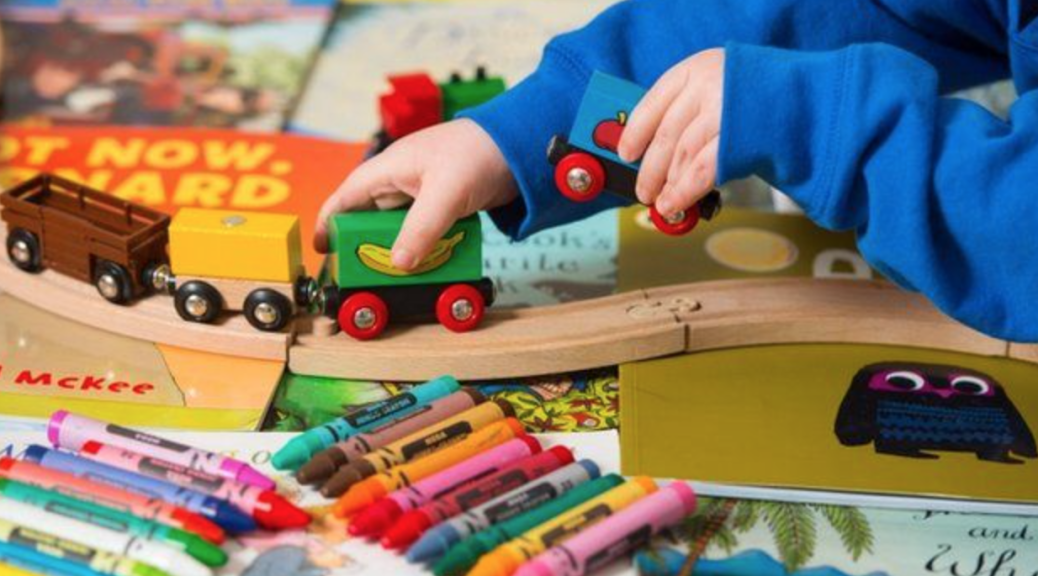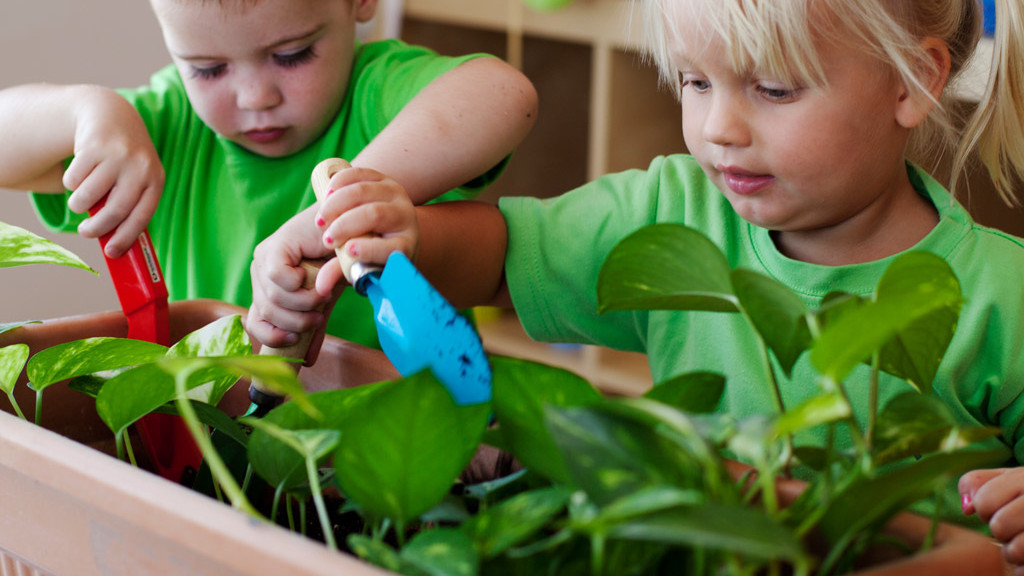The subject of schools and nurseries has always been a minefield. What works for one family isn’t always the right formula for another. There are so many factors to consider when thinking about schools. Here is just a short list of questions to consider when looking at schools and nurseries.
#Who are the teachers? Where are they from, and what are their qualifications?
#What curriculum are you seeking? British vs International Baccalaureate (IB) vs American and so forth.
#What are staff retention numbers?
#Facilities of the school
#Pastoral care – how does the school deal with individual children and how does it deal with bullying?
#Strength of academics
#Classroom sizes
#Demographics of the school
#Exposure to languages
#Size of the school
#Homework policy
Having grown up in the UK, there was no question back in the day that I would follow the British-system, and in my early years of being in Singapore, I followed the Singapore system. However, Dubai has so much diversity, and with families from all over the world with different thinking, philosophies, priorities and value systems, schools have been created for many of the larger demographics groups based on demand. There are German schools, Swiss schools, French schools, IB schools, British schools, Indian schools, Lebanese schools and American schools that it can be confusing for parents. Then, within those larger curriculum frameworks, each school has a different interpretation and style of delivering the curriculum.
For example, Kings’ Dubai has a strong British academic focus but has adopted elements of the IB system to bring all the subjects together to make learning less abstract for children. It brings elements of each subject into other subjects, therefore, giving children the ability to understand the use of Maths in Science for example. There is a great deal of homework especially from Year 1 onwards, and three reading books a week based on your child’s ability.
North London Collegiate School offers an International Baccalaureate curriculum but underlays the British system to support the IB curriculum to provide academic rigour especially for English. In Maths, the school has adopted a program from Singapore which has proved successful in their London school. The school stems from their famous UK school where 40% of students get into Oxford and Cambridge, and the school in the UK manages the school in Dubai and in South Korea.
The Swiss International Scientific School also provides an IB curriculum but it places a heavier emphasis on languages. All subjects are taught in French for one week and English the following week. They also offer German as an alternative to French for families seeking it.
Then, there are always the more traditional British non-profit schools like JESS, DESS and Jebel Ali that have always upheld great academic reputations because much of their annual budget is invested in their teachers. However, DESS has a no homework policy with just reading books and spelling sent home every week. JESS and Jebel Ali, however, do have homework, reading and spelling.
Finally, after sieving through the pros and cons of the schools, parents will still arrive at a similar conclusion under any curriculum or any school choice. At the end of the day, most parents care only about one thing, the teachers – the single greatest resource of any school. Of course, facilities, sports, and after-school activities are value added services, but the children’s ultimate impression of school and the children’s love of their subjects will depend heavily on their teachers. Most of us parents can relate to that ourselves from our childhood. We often observe that when schools invest in their teachers rather than facilities, schools become much more in demand than for any other reasons. Therefore, it is important to speak to different schools and nurseries to get an understanding how the management invest in their staff.
In the past, Dubai schools had long waiting lists but this is now a thing of the past. 10 years ago, expats had to leave their families at home until school spaces became available in Dubai. That is not the case now as schools are more able to serve families better. The increased competition amongst school has benefited families and children as schools become better service providers. The schools that are successful are listening to parents more and more, and many of the top schools will take constructive feedback seriously.
I want a school which supports my child both academically and emotionally. I want my child to have fun at school; to have their strengths realised and support provided on areas where they may need extra assistance or more of a challenge. I want a school which helps them grow into well rounded and confident individuals – Catherine
The annual School and Nursery Show is a good initial research hunting ground for many parents under one roof. Many of the new and existing schools and nurseries in Dubai will be showcasing their school and curriculum. However, the more established schools may not take part, but still, the Show will allow you to research curriculums, meet staff, and ask many generic questions about education. It’s a good place to have one-on-one time to understand the concept of various schools. It is also good opportunity to ask questions about the school’s teaching style, student support, the vision of the current headmaster/headmistress, to find out who owns the school, who runs the school and so forth. By meeting the representatives of the school, I often think parents get an intuition about school and whether it is suitable for their children. This is really the case of first impressions count. After meeting schools at the show, it is important follow up with a tour of at least 3 – 6 schools to get a deeper understanding. For many of us, our children, during the academic term, spend more time at school or nursery than they do at home on some days so it is vital that we choose the best environment for them.
Some of the schools and nurseries taking part this year include Willow Children’s Nursery, Stepping Stones Pre-School, British Orchard Nursery, Clarion School, Dovecote and Hartland International School.
The British curriculum is something I am familiar with so I feel that was a considerable driving factor for me at the time I put my son’s name down for school (at that time he was 6 months old). The British curriculum is renowned for its academic excellence across the world and therefore attracts experienced and highly qualified teachers. I feel very happy with the standard of teaching my son receives in Kings School Dubai, the majority of the teachers teaching the British curriculum are from England and are focused on growing confident and responsible citizens of the world. – Natalie
Entry is free to the event. The Schools and Nursery Show takes place on Octobert 13th and 14th at the Emirates Towers. To register please click on the link



